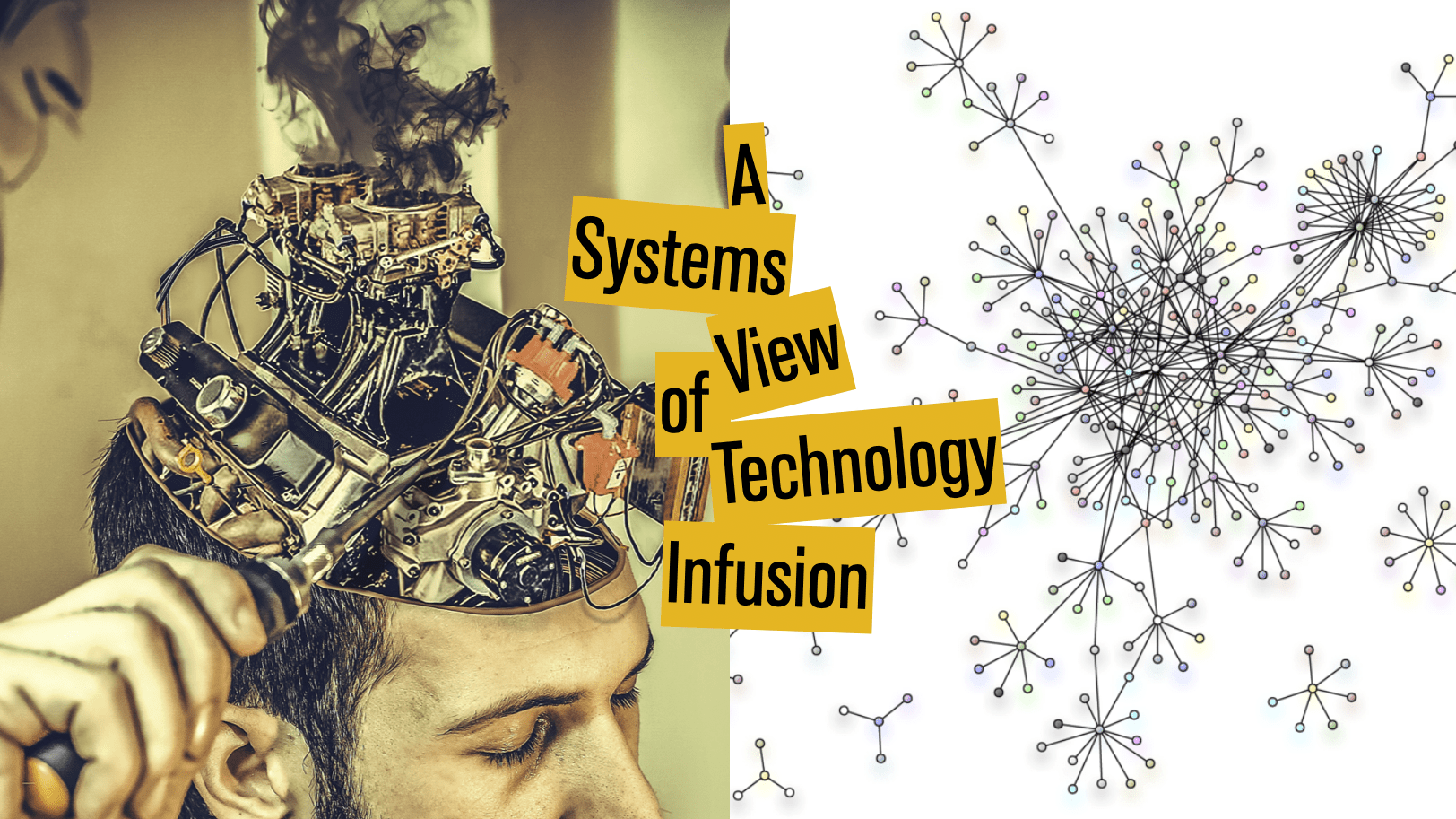A decade into the 21st century, how are we doing with the movement to “position 21st century skills at the center of US K-12 education.” The National Journal Online has been conducting an discussion on this topic… some very interesting views represented there, from both sides of the spectrum. I have some definite opinions on this, which will have to wait for another day (I am swamped with work right now) … but for now here is the link to the discussion: Has The P21 Movement Succeeded?
What do you think? What do we mean by 21st Century skills? How are they different from traditional skills (such as critical thinking) that were the rage some time ago? What is the role of content knowledge in the 21st Century? What about trans-disciplinary, or inter-disciplinary knowledge? … Important questions, worthy of discussion and thought.




The Institute of Museum and Library Services (a federal agency) has produced an impressive report on 21st Century Skills for Libraries and Museums…the publication is available via the IMLS web site. It is the result of a national series of meetings designed to re-think the role of libraries and museums for the new century…with special attention given to job skills needed to work in these contexts…and how to serve society in a more inclusive and digitally appropriate way. I have found it to be a valuable resource.
The MSU Museum and MATRIX have an IMLS grant entitled, Oral History in the Digital Age that also connects with this effort…as we are assessing best practices as well as identifying skills needed for oral history documentation/presentation in the digital age. We have completed an initial survey of those working in museums and libraries with oral history (over 250 respondents). A report will be forthcoming in the Spring of 2011. The PIs are Dean Rehberger, Marsha MacDowell, and Kurt Dewhurst. Other partners are: the Smithsonian and the Library of Congress, American Folklore Society, and the Oral History Association.